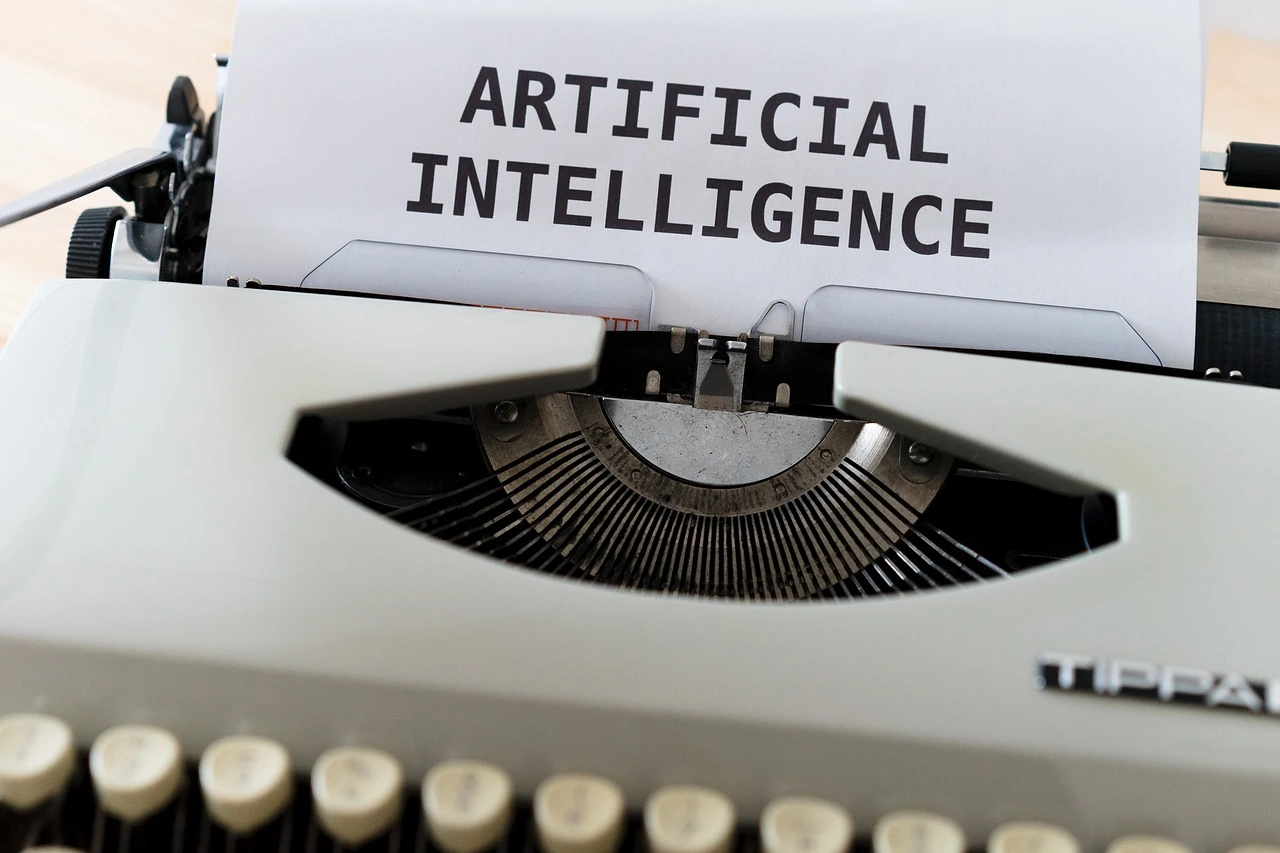The Evolution and Future of Artificial Intelligence in Web Development
Artificial Intelligence (AI) has become a cornerstone of modern technology, revolutionizing various industries, including web development. From its historical roots to its current applications and future potential, AI's journey is a fascinating tale of innovation and ingenuity. This article delves into the history, development, understanding, future, and major players in the AI landscape, providing a comprehensive overview of AI's impact on web development.
A Brief History of AI
The concept of AI dates back to ancient times, with myths and stories about artificial beings endowed with intelligence. However, the formal inception of AI as a scientific field occurred in the mid-20th century. In 1956, the Dartmouth Conference, organized by John McCarthy, Marvin Minsky, Nathaniel Rochester, and Claude Shannon, marked the birth of AI as an academic discipline. Early efforts focused on symbolic AI, where machines were programmed with explicit rules to perform tasks.

Development of AI
The development of AI has been marked by cycles of optimism and setbacks, often referred to as AI winters and summers. The 1970s and 1980s saw significant advancements in machine learning and expert systems, but progress stalled due to limited computational power and data scarcity. The resurgence of AI in the late 1990s and early 2000s was fueled by breakthroughs in machine learning algorithms, increased computing power, and the explosion of big data.
Deep learning, a subset of machine learning, emerged as a game-changer. Pioneered by researchers like Geoffrey Hinton, Yann LeCun, and Yoshua Bengio, deep learning models, particularly neural networks, achieved unprecedented accuracy in tasks such as image and speech recognition. These advancements laid the groundwork for AI's integration into web development.
Understanding AI in Web Development
AI's integration into web development has revolutionized how websites are designed, developed, and maintained. Key applications of AI in web development include:
- Chatbots and Virtual Assistants: AI-powered chatbots provide instant customer support, enhancing user experience and reducing operational costs. Examples include Intercom, Drift, and Zendesk.
- Personalization: AI algorithms analyze user behavior to deliver personalized content and recommendations. E-commerce giants like Amazon and Netflix excel in this domain.
- SEO Optimization: AI tools like Clearscope and MarketMuse analyze vast amounts of data to provide SEO recommendations, improving search engine rankings.
- Automated Testing: AI-driven testing tools like Testim and Applitools automate the testing process, ensuring robust and bug-free web applications.
- Design Assistance: AI tools such as Adobe Sensei and The Grid assist in creating visually appealing and user-friendly designs by analyzing design patterns and user preferences.

The Future of AI in Web Development
The future of AI in web development holds immense potential. Here are some trends and predictions:
- Advanced Personalization: AI will enable even more granular personalization, tailoring content to individual users' preferences and behaviors in real-time.
- Voice Search Optimization: With the rise of voice-activated devices, optimizing websites for voice search will become crucial. AI will play a key role in understanding and processing natural language queries.
- AI-Driven Development: AI tools will assist developers in writing code, detecting bugs, and optimizing performance, significantly reducing development time and effort.
- Enhanced Cybersecurity: AI will enhance cybersecurity measures by detecting and responding to threats in real-time, ensuring safer online experiences.
- AR/VR Integration: AI will facilitate the integration of augmented reality (AR) and virtual reality (VR) into web experiences, creating immersive and interactive environments.
Major Companies Leading the AI Revolution
Several companies are at the forefront of AI research and development, driving innovations in web development:
- Google: With its AI subsidiary DeepMind and various AI-driven products like Google Assistant and TensorFlow, Google is a dominant player in the AI space.
- IBM: IBM's Watson is a leading AI platform known for its applications in natural language processing and data analysis.
- Microsoft: Microsoft integrates AI across its products, including Azure AI, Cortana, and GitHub Copilot, enhancing web development and cloud services.
- Amazon: Amazon Web Services (AWS) offers a comprehensive suite of AI services, including Amazon Lex for chatbots and Amazon Rekognition for image analysis.
- OpenAI: OpenAI, known for its GPT models, provides advanced natural language processing capabilities, transforming how developers build and interact with web applications.
Conclusion
Artificial Intelligence has profoundly impacted web development, transforming how websites are built, optimized, and maintained. From its early beginnings to its current state and future potential, AI continues to push the boundaries of what's possible in web development. As AI technology evolves, developers and businesses must stay abreast of the latest trends and tools to harness its full potential, ensuring innovative and efficient web solutions.